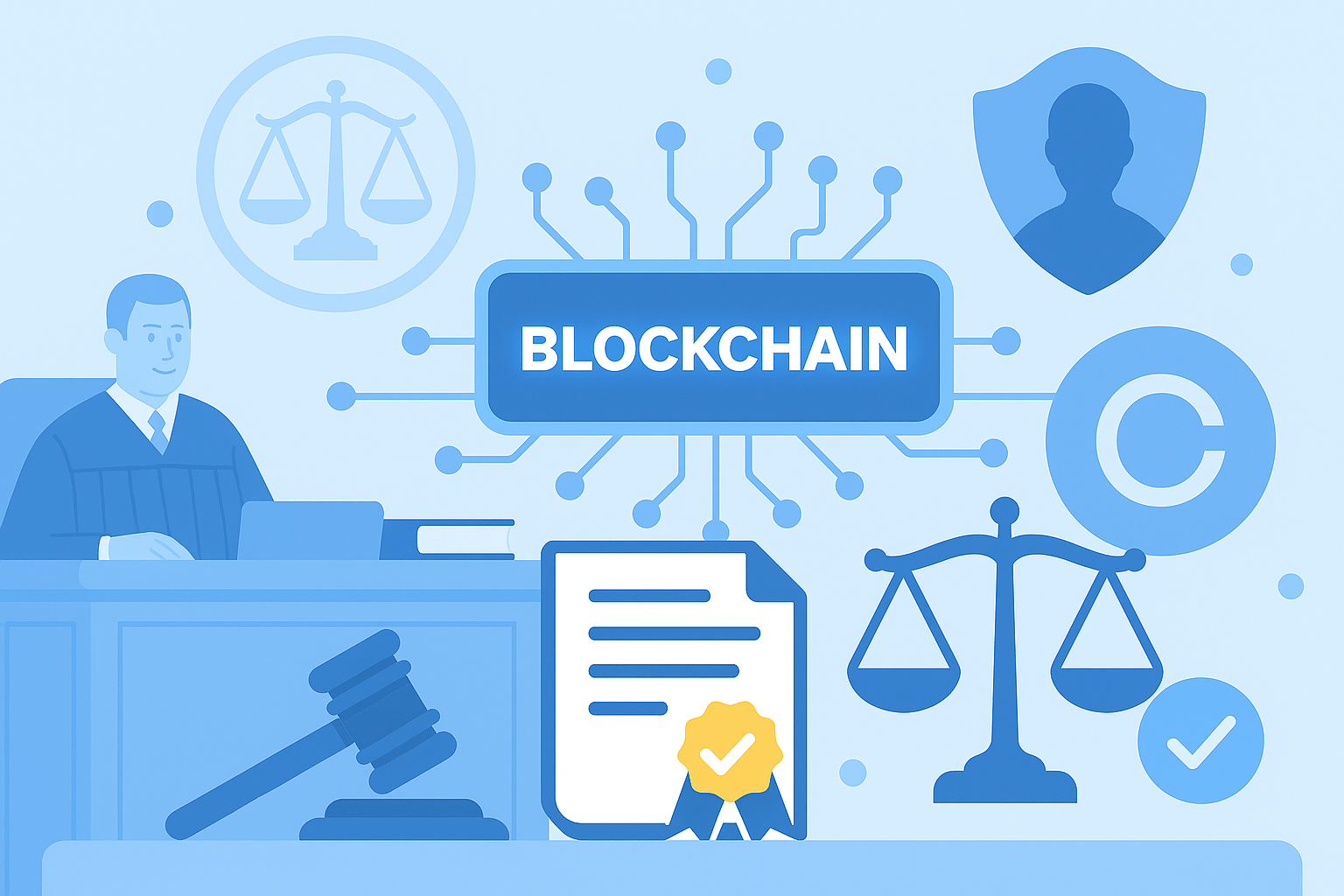Early Legal Recognition of Blockchain Evidence
In the last few years, multiple courts across continents have accepted blockchain records as evidence in disputes involving copyright, contracts, and intellectual property.
Here are some of the most relevant examples:
China (2018, Hangzhou Internet Court):
In one of the first landmark cases, the court admitted blockchain-stamped screenshots as valid proof of copyright infringement.
This decision marked a turning point, affirming that blockchain can ensure authenticity and immutability of digital files.
United States (2020, New York Federal Court):
Blockchain certification was presented as supporting evidence in an IP ownership case.
The judge ruled that the timestamp and hash values offered “reliable verification of digital originality”.
Italy (2021, Milan Court):
A case involving digital design rights recognized blockchain timestamping as a valid “proof of anteriority”, equivalent to a traditional notarial registration.
France (2022, Tribunal Judiciaire de Paris):
The court upheld the admissibility of blockchain evidence under the Code de la Propriété Intellectuelle, emphasizing that immutability ensures credibility.
Brazil (2023, São Paulo Court):
Blockchain records were accepted as complementary proof in a dispute over digital artwork authorship — the first such decision in Latin America.

